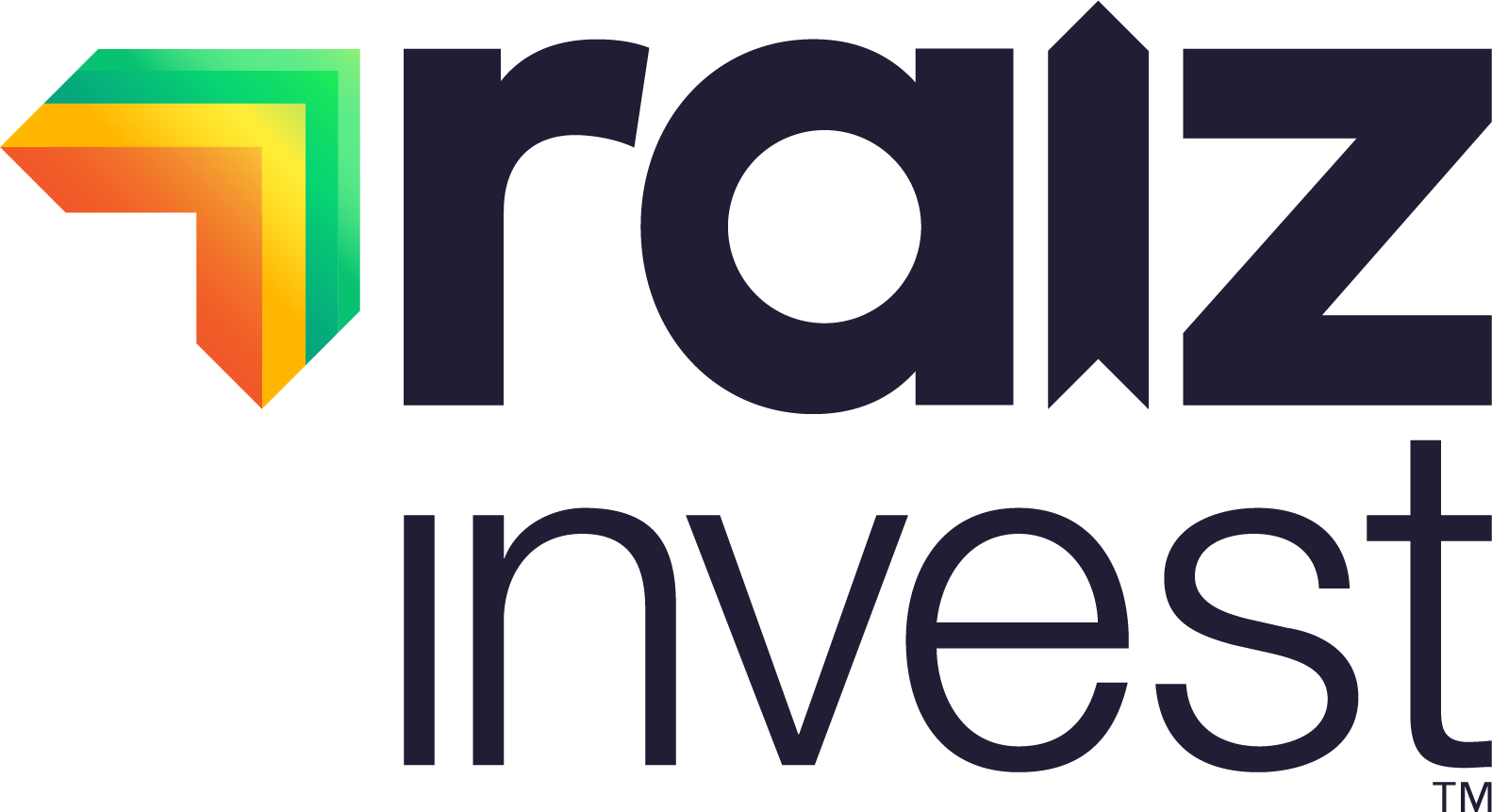US bond yields rise as traders look to rate rises

05-10-2021
George Lucas, Raiz Group CEO
This week the focus is on the US where yields on bonds are rising (so the value of bonds is falling) and equity markets are not performing that well. The direction of the US equity and bond markets is leading the global market down even though Australia’s equity market did not fall as much in September as the S&P500.
We will also see the release of anticipated US jobs numbers. Traders are looking to see strong payroll gains for September after soft August numbers when just 235,000 jobs were created. I expect around 500,000.
On bond yields, the catalyst for the latest leg up could be delayed reaction to the hawkish US Federal Reserve meeting a couple of weeks ago, with the ongoing surge in oil and gas prices (read energy). Or it could just be that yields are unsustainably low, given the medium/long-term economic outlook.
Current market pricing seems to imply that the Fed Funds Rate — the interest rate at which banks and other depository institutions lend money to each other — will increase only very gradually over the next decade, while at the same time, investors seem not at all concerned about the inflation outlook.
To me this does not make much sense especially with supply side changes during the pandemic lifting the chances that there will be more lasting inflationary pressure in the US over the rest of the decade.
Lasting COVID-19 impact on labour supply
On this front, evidence is already emerging that coronavirus will have a lasting impact on labour supply via accelerated retirements, labour shortages in the services sector, as well as speeding up the process of decoupling from China, especially for countries like Australia.
For us at Raiz it means that our fixed income ETF could continue to fall while the US yields increases. At very least, we will likely not see the same capital performance from fixed income ETFs.
What it also means is that we expect the US dollar to continue to rally as both short and long-term interest rate differentials have shifted in favour of the USD, especially after the Federal Open Market Committee (FOMC) delivered another hawkish message at its policy meeting last week.
The greenback (USD) has also probably received some support from a decline in investors’ appetite for risk and a move away from China linked commodity currencies.
Still on currencies, the pound sterling has also fallen sharply against the US dollar perhaps reflecting, in part, uncertainty surrounding fuel and food shortages in the UK.
The shift in risk appetite and China connection is not going to help currencies like the AUD, Indonesian rupiah or Malaysian ringgit.
Global equity markets fall
Rising bond yields and a strengthening USD are likely to continue, which is not good for equities. Also weighing on equities are increasing signs of a slowdown in the pace of the global economic recovery, alongside hawkish shifts from major central banks to hike rates.
The falls in global equity markets over the last week of September rounded out a poor third quarter for markets and the MSCI World Index saw its worst quarterly performance since Q1 2020.
All this does not bode well for October as it would have been better for the markets to be volatile earlier on in September. Without a major catalyst I believe we have seen the largest gains in equity markets for a while.
In Asia, Chinese markets are closed until Friday for the National Day holiday. The week-long break could give power plants some much needed breathing room to help replenish their coal inventories and reduce the blackouts that have been occurring, but also ease the flow of news on corporate bankruptcies to markets.
In Japan, the Liberal Democrat Party’s Fumio Kishida will formally become Japan’s new Prime Minister. He has given mixed signals on fiscal policy and is unlikely to prioritise structural reform.
Don’t have the Raiz App?
Download it for free in the App store or the Webapp below:

Important Information
If you have read all or any part of our email, website, or communication then you need to know that this is factual information and general advice only. This means it does not consider any person’s particular financial objectives, financial situation, or financial needs. If you are an investor, you should consult a licensed adviser before acting on any information to fully understand the benefits and risk associated with the product. This is your call but that is what you should do.
You may be surprised to learn that RAIZ Invest Australia Limited (ABN 26 604 402 815) (Raiz), an authorised representative AFSL 434776 prepared this information.
We are not allowed, and have not prepared this information to offer financial product advice or a recommendation in relation to any investments or securities. If we did give you personal advice, which we did not, then the use of the Raiz App would be a lot more expensive than the current pricing – sorry but true. You therefore should not rely on this information to make investment decisions, because it was not about you for once, and unfortunately, we cannot advise you on who or what you can rely on – again sorry.
A Product Disclosure Statement (PDS) for Raiz Invest and/or Raiz Invest Super is available on the Raiz Invest website and App. A person must read and consider the PDS before deciding whether, or not, to acquire and/or continue to hold interests in the financial product. We know and ASIC research shows that you probably won’t, but we want you to, and we encourage you to read the PDS so you know exactly what the product does, its risks and costs. If you don’t read the PDS, it’s a bit like flying blind. Probably not a good idea.
The risks and fees for investing are fully set out in the PDS and include the risks that would ordinarily apply to investing. You should note, as illustrated by the global financial crisis of 2008, that sometimes not even professionals in the financial services sector understand the ordinary risks of investing – because by their nature many risks are unknown – but you still need to give it a go and try to understand the risks set out in the PDS.
Any returns shown or implied are not forecasts and are not reliable guides or predictors of future performance. Those of you who cannot afford financial advice may be considering ignoring this statement, but please don’t, it is so true.
Under no circumstance is the information to be used by, or presented to, a person for the purposes of deciding about investing in Raiz Invest or Raiz Invest Super.
This information may be based on assumptions or market conditions which change without notice and have not been independently verified. Basically, this says nothing stays the same for long in financial markets (or even in life for that matter) and we are sorry. We try, but we can’t promise that the information is accurate, or stays accurate.
Any opinions or information expressed are subject to change without notice; that’s just the way we roll.
The bundll and superbundll products are provided by FlexiCards Australia Pty Ltd ABN 31 099 651 877 Australian credit licence number 247415. Bundll, snooze and superbundll are trademarks of Flexirent Capital Pty Ltd, a subsidiary of FlexiGroup Limited. Lots of names, which basically you aren’t allowed to reproduce without their permission and we need to include here.
Mastercard is a registered trademark and the circles design is a trademark of Mastercard International Incorporated.
Home loans are subject to approval from the lending institution and Raiz Home Ownership makes no warranties as to the success of an application until all relevant information has been provided.
Raiz Home Ownership Pty Ltd (ABN 14 645 876 937), an Australian Credit Representative number 528594 under Australian Credit Licence number 387025. Raiz Home Ownership Pty Ltd is 100% owned by Raiz Invest Australia Limited (ABN 26 604 402 815).



